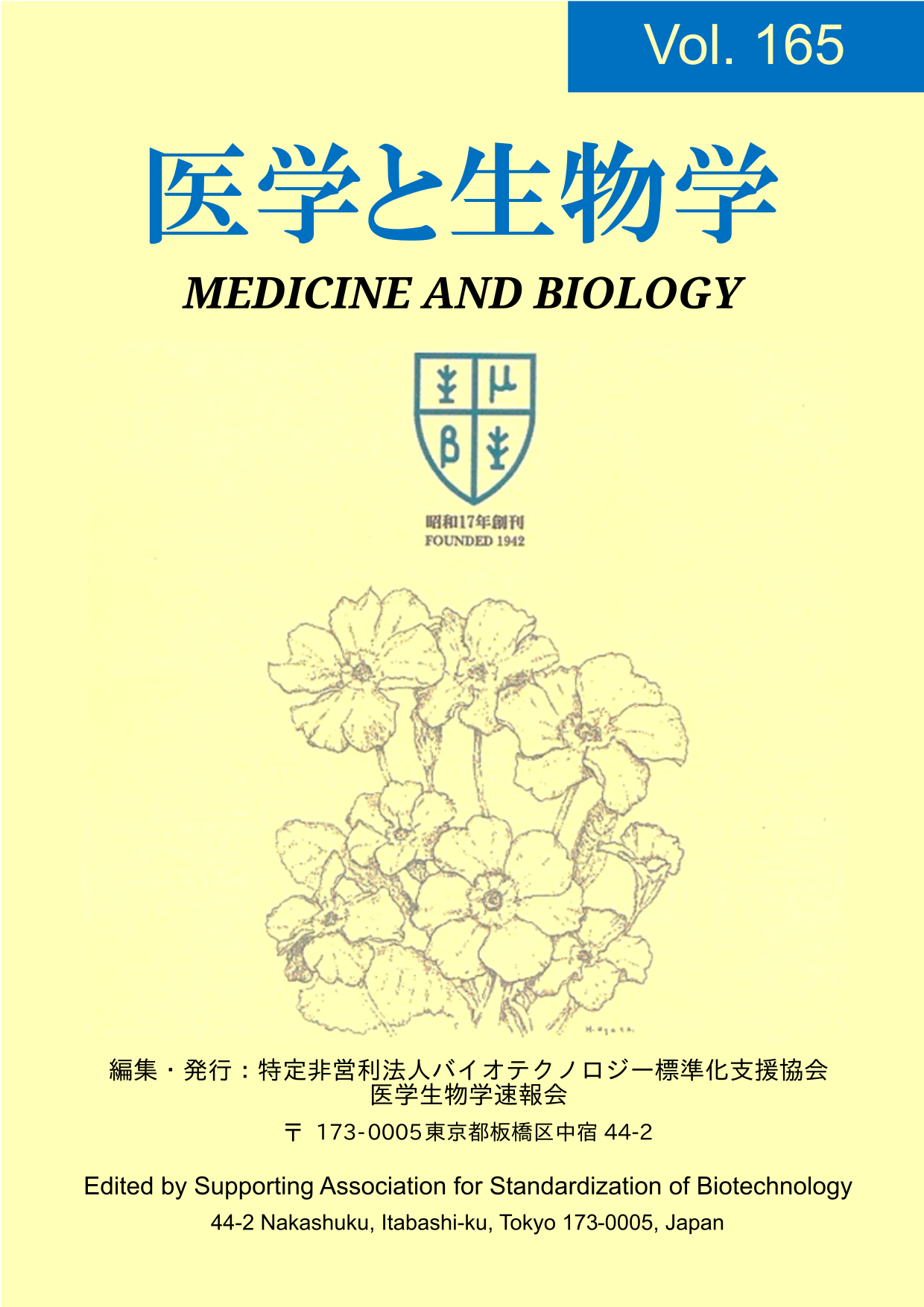Literature review of pre-and post- intervention comparisons of using artificial intelligence communication care and the effects on cognitive function of dementia
Keywords:
artificial intelligence, dementia, communication care, robotAbstract
The purpose of this study is to uncover intelligence communication care using artificial for dementia patients and the effects on cognitive function. For this purpose, we conducted a qualitative inductive review of the literature on these topics. Using the ICHUSHI web Ver. 6, a search was conducted for the terms “dementia + communication + artificial intelligence” for original papers. Of the 18-literature extracted, 12-literature that indicated care using artificial intelligence for patients with dementia were selected as the target. As a result, 74 codes were extracted for communication care using artificial intelligence, and 93 codes were extracted for the effects on cognitive function of dementia patients. Care using stuffed toys and pet-type robots are three categories such as "physical contact", and the effects are seven categories such as"maintenance and improvement of activities of daily living (ADL) and physical activity". For care using a biped/humanoid robot, five categories were extracted, including "involvement in daily living activities", and seven categories were extracted for effectiveness, including "improvement of communication skills". For care using both types of robots are five categories including "nonverbal communication" and the effects are four categories including "diversification of expressed emotions".These results suggest that artificial intelligence care improves the mental and physical activity abilities of dementia patients, which in turn improves their cognitive functions.


